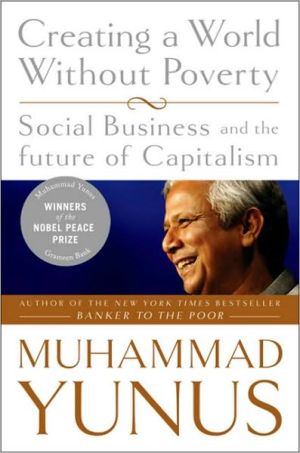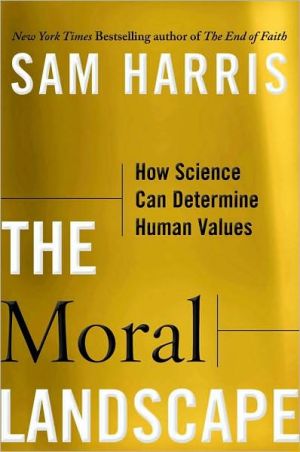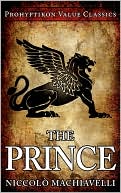Creating a World without Poverty: Social Business and the Future of Capitalism
In the last two decades, free markets have swept the globe. But traditional capitalism has been unable to solve problems like inequality and poverty. In Muhammad Yunus’ groundbreaking sequel to Banker to the Poor, he outlines the concept of social business—business where the creative vision of the entrepreneur is applied to today’s most serious problems: feeding the poor, housing the homeless, healing the sick, and protecting the planet. Creating a World Without Poverty reveals the next phase...
Search in google:
In this newly updated national bestseller, Nobel Peace Prize–winner Muhammad Yunus outlines his vision of a new business model that combines the power of free markets with the quest for a more humane world. Winnipeg Free Press In this excellent work of popular economics, he tells the story of how he came to the idea and the impressive results it has generated.
Prologue: Starting with a Handshake ixThe Promise of Social BusinessA New Kind of Business 3Social Business: What It Is and What It Is Not 21The Grameen ExperimentThe Microcredit Revolution 43From Microcredit to Social Business 77The Battle against Poverty: Bangladesh and Beyond 103God Is in the Details 129One Cup of Yogurt at a Time 149A World Without PovertyBroadening the Marketplace 165Information Technology, Globalization, and a Transformed World 187Hazards of Prosperity 203Putting Poverty in Museums 223Epilogue: "Poverty Is a Threat to Peace"-The Nobel Prize Lecture 235For Further Information 249Index 251
\ From Barnes & NobleWith its idealistic title, this book seems like a prime candidate for knee-jerk dismissal. But consider the author's credentials: Economist Muhammad Yunus is the winner of the 2006 Nobel Peace Prize and the founder of the highly successful Grameem Bank, which specializes in making loans to the poor. Creating a World Without Poverty outlines a new business model that utilizes the power of free markets to truly unleash human potential.\ \ \ \ \ BooksellerThe influential economist and winner of the 2006 Nobel Peace Prize outlines his vision for a new business model that combines the power of of free markets with the quest for a more humane world. Includes stories of companies that are already doing social business.\ \ \ BusinessWeekan inspiring volume, full of practical information for people who are motivated to try out his ideas.\ \ \ \ \ Scotland on Sunday(I)n Creating A World Without Poverty, Nobel Peace Prize winner Muhammad Yunus argues convincingly that social business is an achievable way of exploiting capitalism to help the poor. Yunus moves the debate beyond the tired argument that the rich should simply donate to those less privileged, and demonstrates that the free market can in fact be used to the advantage of the less well off…This book is a must-read for policymakers or philanthropists, and its conversational style and straightforward logic also make it appealing to the layperson.\ \ \ \ \ Winnipeg Free PressIn this excellent work of popular economics, he tells the story of how he came to the idea and the impressive results it has generated.\ \ \ \ \ Publishers WeeklyEconomics professor Yunus claims he "originally became involved in the poverty issue not as a policy-maker, scholar, or researcher, but because poverty was all around me." With these words he stopped teaching "elegant theories" and began lending small amounts of money, $40 or less, without collateral, to the poorest women in the world. Thirty-three years later, the Grameen Bank has helped seven million people live better lives building businesses to serve the poor. The bank is solidly profitable, with a 98.6% repayment rate. It inspired the micro-credit movement, which has helped 100 million of the poorest people in the world escape poverty and earned Yunus (Banker to the Poor) a Nobel Peace prize. This volume efficiently recounts the story of microcredit, then discusses "Social Business," organizations designed to help people while turning profits. French food giant Danone's partnership to market yogurt in Bangladesh is described in detail, along with 25 other businesses that operate under the Grameen banner. Infused with entrepreneurial spirit and the excitement of a worthy challenge, this book is the opposite of pessimistic recitals of intractable poverty's horrors. (Jan.)\ Copyright 2007 Reed Business Information\ \








